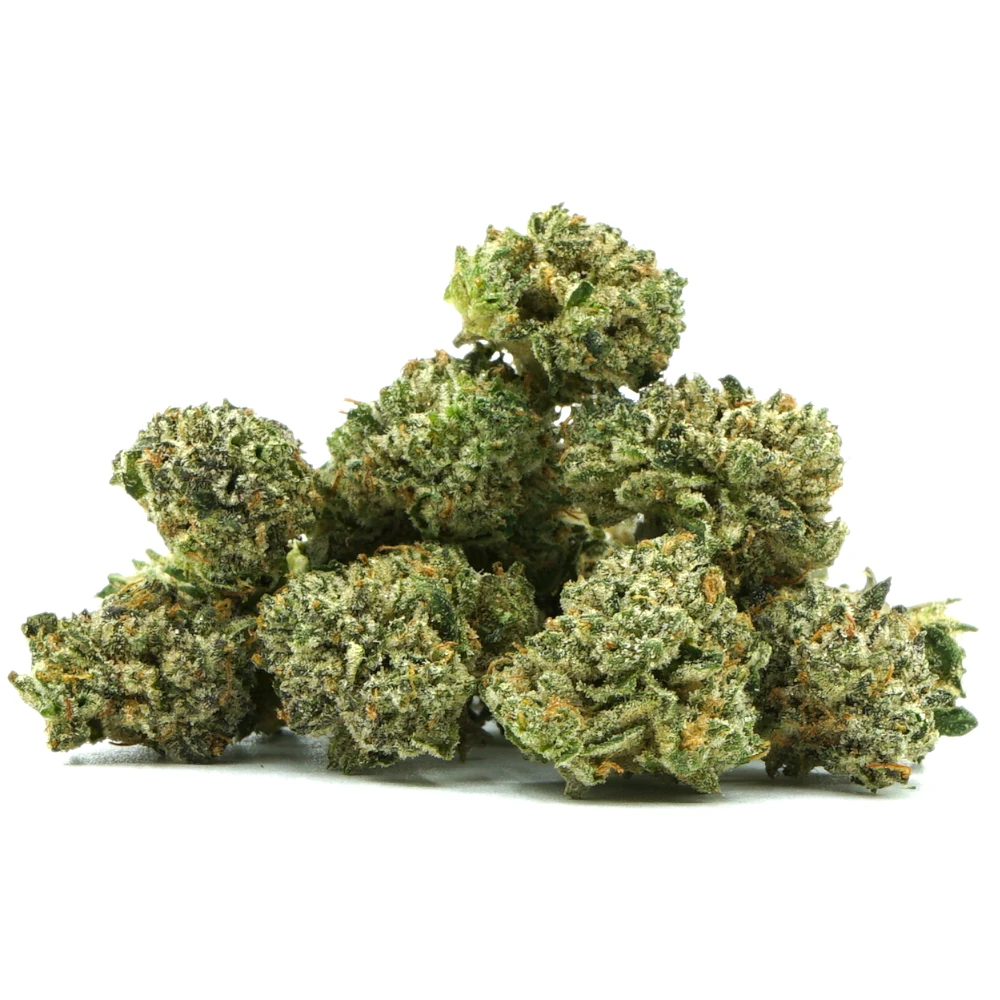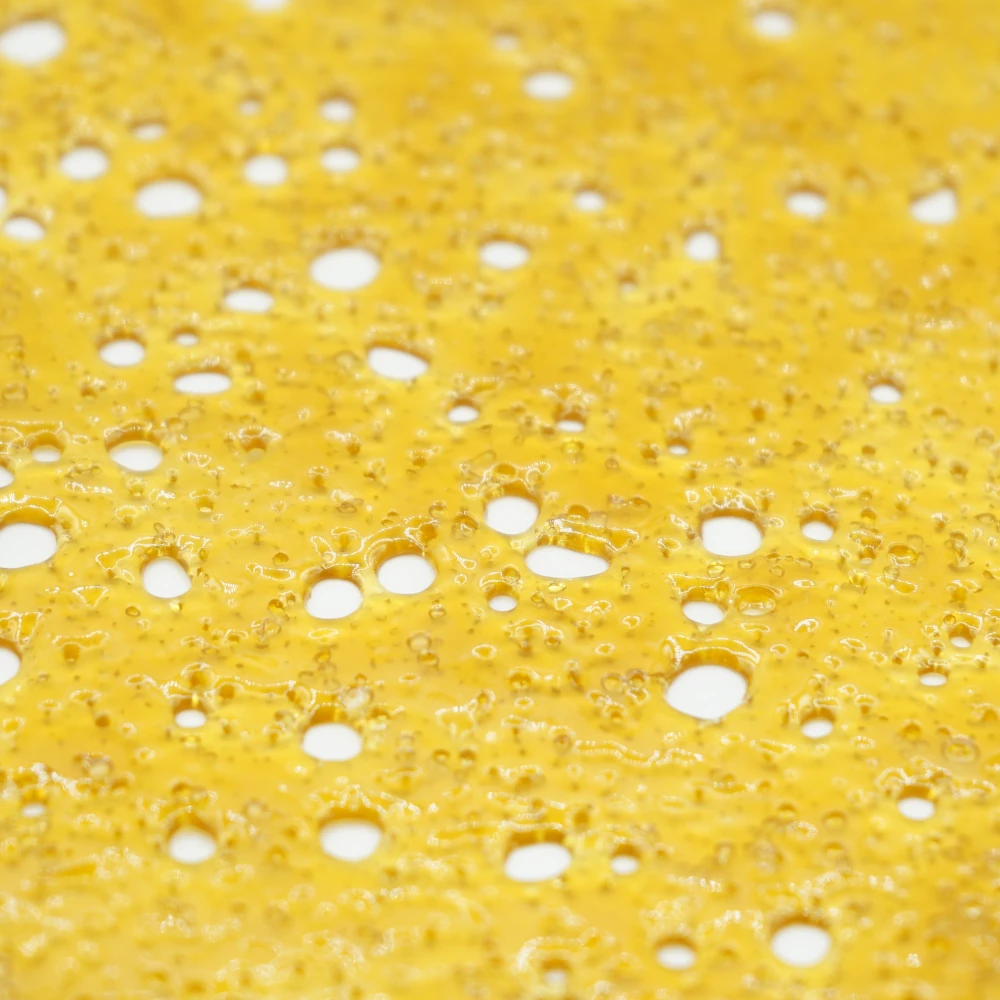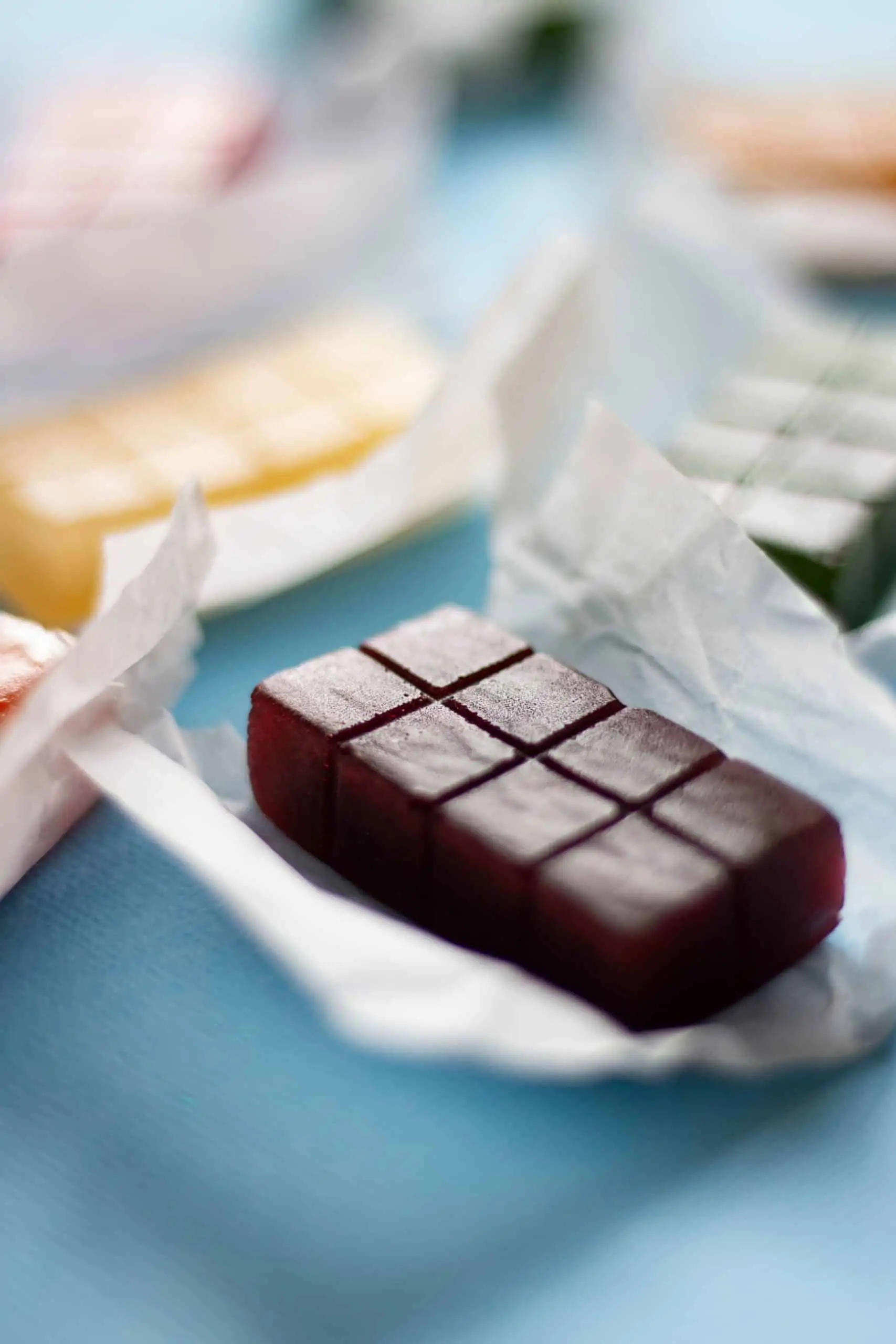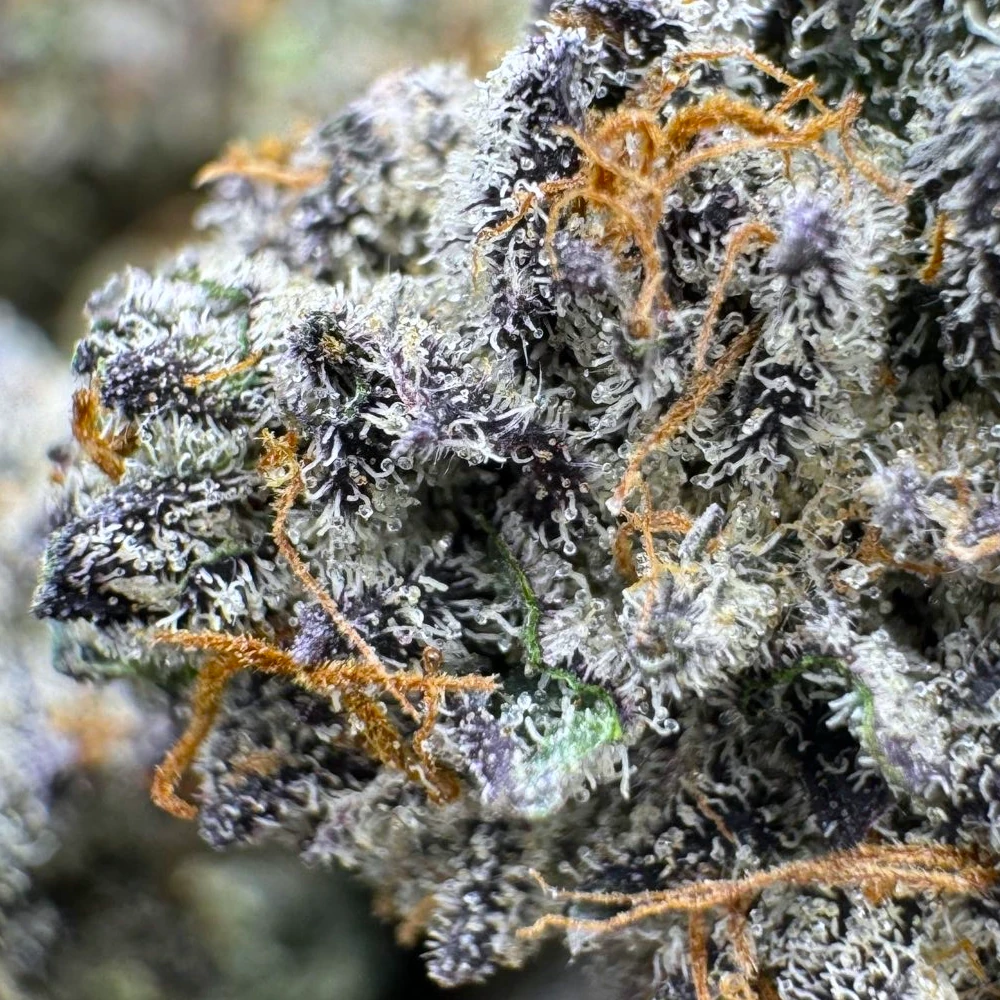| Subtotal | Items |
|---|---|
|
$175-249
→7 Grams
|

|
|
$250-399
→14 Grams
|

|
|
$400+
→28 Grams
|

|
Cannabis, Marijuana, Medical cannabis
Organic Growth: A Deep Dive into Living Soil Organic (LSO) Marijuana
In recent years, a significant shift has occurred in the cannabis industry towards sustainable and organic cultivation methods. Among these methods, Living Soil Organic (LSO) marijuana cultivation has emerged as a natural and eco-friendly approach to producing premium cannabis. In this comprehensive guide, we’ll delve into the essence of LSO marijuana, its myriad benefits, and why it’s gaining popularity among cultivators and consumers alike.
Understanding Living Soil Organic (LSO) Marijuana
Living Soil Organic (LSO) marijuana cultivation centers around nurturing a living ecosystem within the soil, mimicking nature’s processes. Unlike conventional farming practices reliant on synthetic fertilizers and pesticides, LSO cultivation focuses on developing healthy soil teeming with beneficial microorganisms and organic matter.
Core Principles of LSO Marijuana Cultivation
- Organic Inputs: LSO cultivation emphasizes the use of organic inputs such as compost, cover crops, and natural amendments to enrich the soil and foster biodiversity.
- Microbial Life: A cornerstone of LSO cultivation is cultivating a thriving microbial community within the soil. Beneficial bacteria, fungi, and other microorganisms collaborate to break down organic matter, release vital nutrients, and shield plants from pathogens.
- No-Till Farming: Many LSO growers adopt no-till or low-till farming methods to preserve soil structure and minimize disruption to the soil ecosystem.
Benefits of LSO Marijuana
- Enhanced Flavor and Aroma: LSO marijuana often exhibits richer and more complex flavors and aromas compared to conventionally grown cannabis. The diverse microbial population in the soil contributes to the distinct terpene profile of the plants, resulting in a more nuanced sensory experience.
- Improved Potency: The holistic approach of LSO cultivation encourages plants to develop strong immune systems and natural defense mechanisms. Consequently, LSO marijuana tends to contain higher levels of cannabinoids, including THC and CBD.
- Environmental Sustainability: By eschewing synthetic chemicals and embracing regenerative farming practices, LSO cultivation reduces the environmental impact associated with conventional agriculture. It helps maintain soil health, conserve water, and promote biodiversity.
- Healthier Plants and Soil: LSO methods prioritize soil health and plant vitality, leading to stronger, more resilient crops. Healthy soil supports robust root growth and nutrient absorption, resulting in healthier plants with increased resistance to pests and diseases.
LSO vs. Conventional Marijuana Cultivation
- Soil Health: LSO focuses on nurturing a thriving ecosystem within the soil, promoting biodiversity and natural nutrient cycling. In contrast, conventional cultivation often relies on synthetic fertilizers and pesticides, which may degrade soil health over time.
- Quality and Flavor: LSO marijuana tends to exhibit richer flavors and aromas due to the diverse microbial population in the soil. Conventional cultivation methods may result in cannabis with less complexity in taste and aroma.
- Environmental Impact: LSO cultivation reduces the environmental footprint associated with conventional agriculture by minimizing chemical inputs and promoting soil conservation practices.
- Potency and Cannabinoid Profile: LSO marijuana often contains higher levels of cannabinoids, including THC and CBD, due to the plant’s enhanced immune system and nutrient uptake capabilities.
Experience The Herb Centre’s LSO Marijuana Selection
At The Herb Centre, we offer a wide range of premium LSO marijuana strains, including LSO Pinkman Goo and LSO 94 Octane. Explore our collection today to discover the difference that living soil organic cultivation makes in the world of cannabis.
Frequently Asked Questions (FAQ) about LSO Marijuana
Q: Is LSO marijuana certified organic?
A: While LSO marijuana follows organic principles, certification requirements may vary. It’s essential to verify with the cultivator or regulatory body for organic certification status.
Q: Does LSO marijuana require special care?
A: LSO marijuana benefits from regular monitoring of soil health and microbial activity. However, it doesn’t require significantly different care compared to conventional cultivation methods.
Q: Can LSO marijuana be grown indoors?
A: Yes, LSO marijuana can be cultivated both indoors and outdoors. Indoor cultivation allows for greater control over environmental factors such as temperature, humidity, and light cycles.
Q: How can I identify LSO marijuana products?
A: Look for products labeled as “Living Soil Organic” or inquire about cultivation practices at dispensaries or directly from the cultivator.
Q: Does LSO cultivation impact the overall flavor profile of marijuana?
A: Yes, LSO cultivation significantly influences marijuana flavor. LSO practices nurture a diverse microbial community within the soil, breaking down organic matter and releasing nutrients. This microbial activity contributes to richer, more complex flavors compared to conventionally grown cannabis. The diverse soil microbiome also shapes unique terpene profiles, enhancing the overall sensory experience.
Conclusion
Living Soil Organic (LSO) marijuana represents a return to traditional farming practices and a commitment to cultivating cannabis in harmony with nature. As consumers become more discerning about the origin and quality of their cannabis products, LSO cultivation offers a compelling alternative to mass-produced, chemically treated marijuana.
Whether you’re a cannabis enthusiast seeking unparalleled flavor and potency or an advocate for sustainable agriculture, LSO marijuana embodies the principles of conscious consumption and environmental stewardship. As the demand for organic, premium-quality cannabis continues to grow, LSO cultivation is poised to play a significant role in shaping the future of the cannabis industry.








